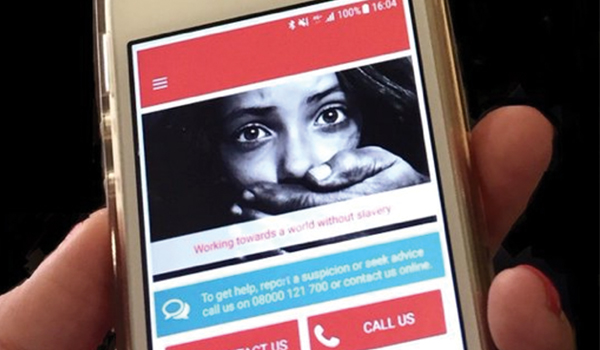Analytics provides platform to engage
A mobile app and command and control platform that enables the emergency services to engage with the public and share intelligence and synchronise incident response has been successfully tested by West Yorkshire Police.
A mobile app and command and control platform that enables the emergency services to engage with the public and share intelligence and synchronise incident response has been successfully tested by West Yorkshire Police.
By analysing first-hand intelligence from the public, the emergency services will be able to respond faster and coordinate response efforts.
The two-way platform, developed as part of the Athena project, allows the public to share intelligence and their experiences of a potential incident to the emergency services before they arrive on the ground. Using the app, people can alert emergency services to incidents by submitting written reports, video recordings and pictures. Equally, if appropriate, police can ask the public to report any sightings of suspects or vulnerable people.
Jessica Gibson, project manager of West Yorkshire for Innovation at West Yorkshire Police, explained: To respond effectively to a crisis, its essential that emergency services assess the situation to understand what they are dealing with.
We currently rely on citizens phoning the 999 service and relaying as much information as possible to the agent, who keys the intelligence into the system, reports the incident to the relevant department, reassures the caller and instructs them on what to do next. The process is labour-intensive, and insight into the crisis hinges on the witness ability to recall details.
Since the public are first on the scene at the outbreak of a crisis, we wanted to make it easier for citizens to provide detailed, accurate incident reports, so that we can build better-quality situational awareness faster. In parallel, we wanted to take advantage of additional information in the public domain on social media, in particular to ensure we capture all relevant facts.
In Athena a three-year security-themed research project funded by an EU Seventh Framework Programme for Research and Technological Development West Yorkshire Police teamed up with Sheffield Hallam University, specialist analytics company SAS and other consortium partners from the public sector, business and academia to design a revolutionary approach to help emergency services better manage crises.
Reports submitted on the app are analysed by SAS Text Miner software. Using sentiment analysis, police can then determine the urgency of the incident and whether citizens feel safe or afraid. To augment their reports, the public can upload pictures, audio recordings and video footage or even stream it in real time giving emergency services a clear picture of the incident as it unfolds.
A map-based interface helps the central command centre visualise the information as it arrives.
Once a crisis is identified, police officers input relevant information into an information retrieval studio, which scans social media pages searching for relevant posts.
As reports flow in from the mobile app and the social media listening solution, SAS content categorisation software detects whether the information concerns a new or existing incident, and classifies it accordingly.
Police and authorities can also distribute information and advice through social media and send targeted warnings to app users in the vicinity, engaging the public in a productive two-way dialogue as incidents unfold.
To test the Athena approach and technology, the consortium enacted a broad range of possible real-life scenarios including fights between rival gangs, a chemical weapons attack and vulnerable people going missing at the West Yorkshire Police facility in Wakefield, which comprises a simulated town where public order officers undergo training.
Ms Gibson explained: We asked volunteers to download and look at the Athena app before the Wakefield exercise, but we avoided giving them any further information because we wanted to see how citizens would use the app in practice.
As threats became apparent, the volunteers playing citizens quickly reported incidents and suspicious activity via the Athena app, in some c




